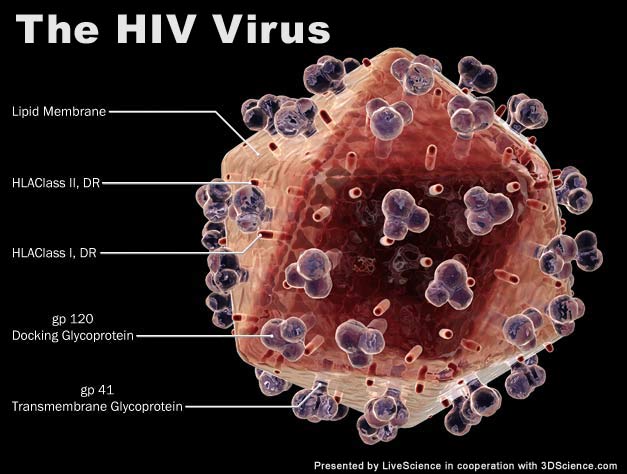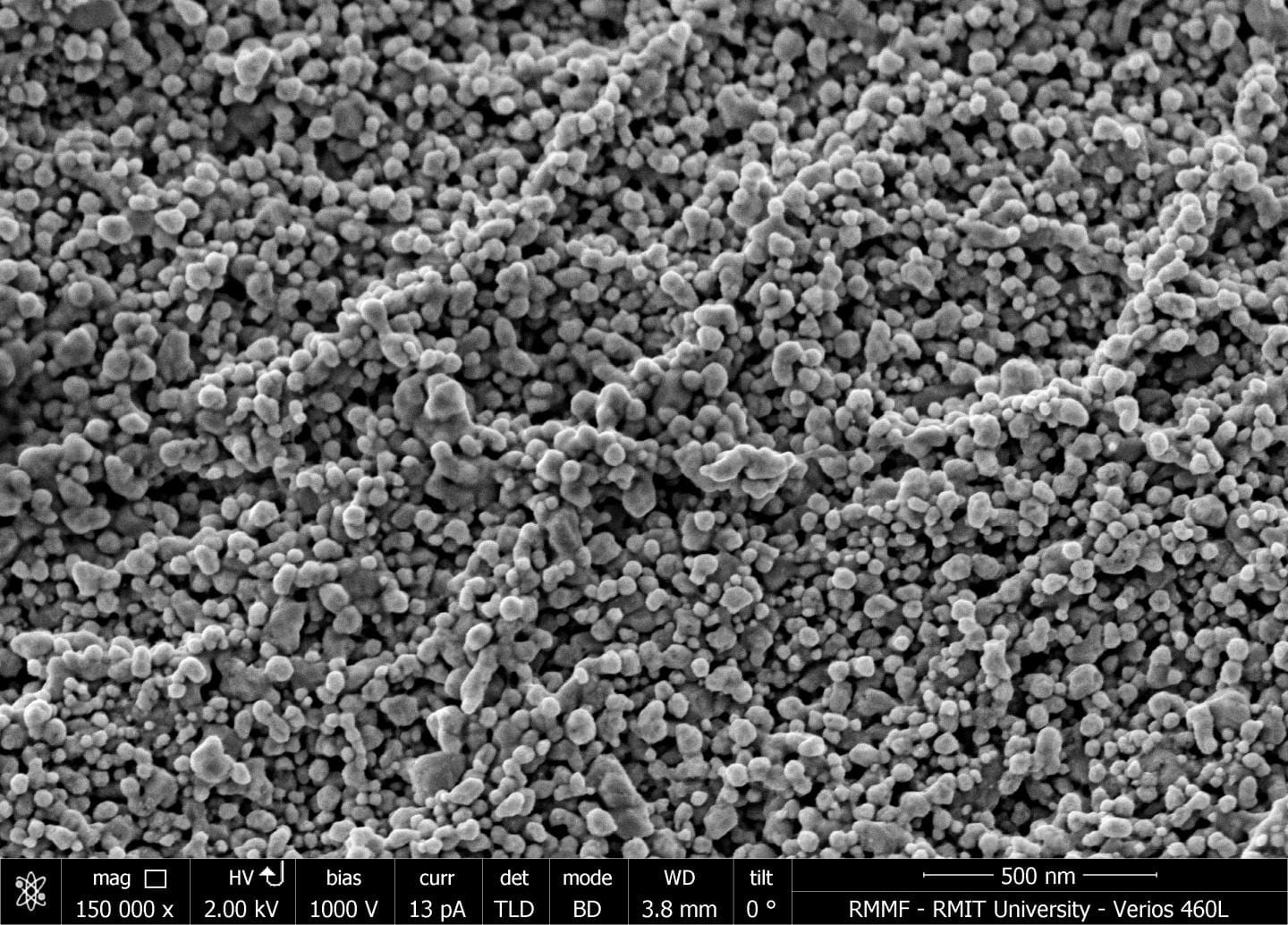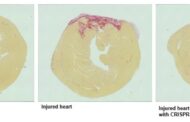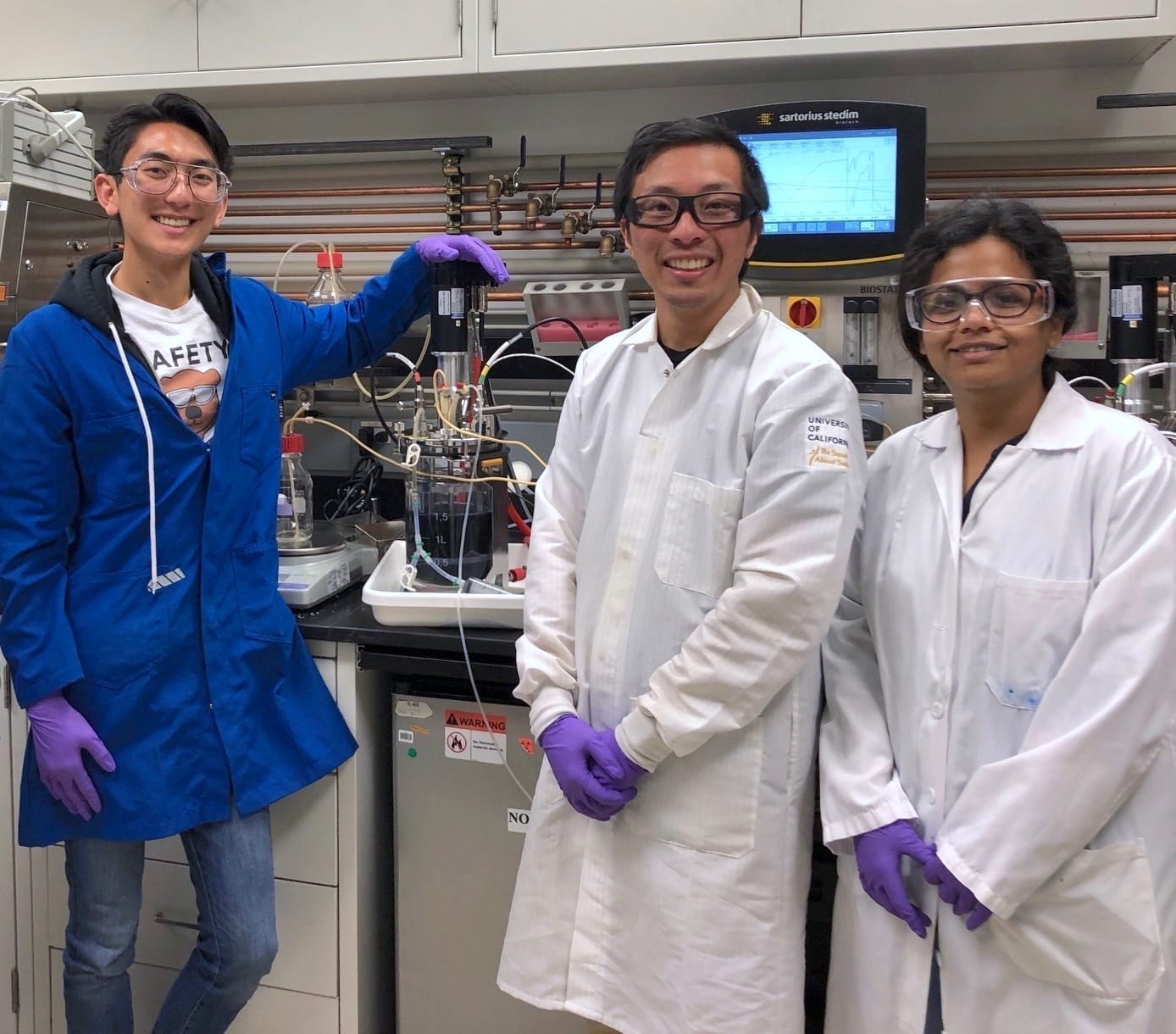A specialized gene editing system designed by scientists at the Lewis Katz School of Medicine at Temple University is paving the way to an eventual cure for patients infected with HIV, the virus that causes AIDS. In a study published online this month in the Nature journal, Scientific Reports, the researchers show that they can both effectively and safely eliminate the virus from the DNA of human cells grown in culture.
According to senior investigator on the new study, Kamel Khalili, PhD, Laura H. Carnell Professor and Chair of the Department of Neuroscience, Director of the Center for Neurovirology, and Director of the Comprehensive NeuroAIDS Center at the Lewis Katz School of Medicine at Temple University (LKSOM), “Antiretroviral drugs are very good at controlling HIV infection. But patients on antiretroviral therapy who stop taking the drugs suffer a rapid rebound in HIV replication.” The presence of numerous copies of HIV weakens the immune system and eventually causes acquired immune deficiency syndrome, or AIDS.
Curing HIV/AIDS – which has claimed the lives of more than 25 million people since it was first discovered in the 1980s – is the ultimate goal in HIV research. But eliminating the virus after it has become integrated into CD4+ T-cells, the cells primarily infected with HIV, has proven difficult. Recent attempts have focused on intentionally reactivating HIV, aiming to stimulate a robust immune response capable of eradicating the virus from infected cells. However, to date, none of these “shock and kill” approaches has been successful.
Dr. Khalili and colleagues decided to try a different approach, specifically targeting HIV-1 proviral DNA (the integrated viral genome) using uniquely tailored gene editing technology. Their system includes a guide RNA that specifically locates HIV-1 DNA in the T-cell genome, and a nuclease enzyme, which cuts the strands of T-cell DNA. Once the nuclease has edited out the HIV-1 DNA sequence, the loose ends of the genome are reunited by the cell’s own DNA repair machinery.
In previous work, Dr. Khalili’s team had demonstrated the ability of their technology to snip out HIV-1 DNA from human cell lines. In their latest study, however, they concentrated on latently and productively infected CD4+ T cells to show not only that the technology eliminates the virus from cells but also that its persistent presence in HIV-1-eradicated cells actually protects them against reinfection. More importantly, they carried their work over to ex vivo experiments, in which T-cells from patients infected with HIV were grown in cell culture, showing that treatment with the gene editing system can suppress viral replication and dramatically reduce viral load in patient cells.
In another major component of the study, Dr. Khalili’s team addressed questions about off-target effects and toxicity. Using an approach known as ultra-deep whole-genome sequencing, which is considered the gold standard for genomic assessment, the researchers analyzed the genomes of HIV-1-eradicated cells for mutations in genes outside the region targeted by the guide RNA. Their analyses ruled out off-target effects on genes, including potential collateral effects on cellular gene expression. Studies of cell viability and proliferation showed that HIV-1-eradicated cells were growing and functioning normally.
“The findings are important on multiple levels,” Dr. Khalili said. “They demonstrate the effectiveness of our gene editing system in eliminating HIV from the DNA of CD4 T-cells and, by introducing mutations into the viral genome, permanently inactivating its replication. Further, they show that the system can protect cells from reinfection and that the technology is safe for the cells, with no toxic effects.”
“These experiments had not been performed previously to this extent,” he added. “But the questions they address are critical, and the results allow us to move ahead with this technology.”
The Latest on: HIV/AIDS
[google_news title=”” keyword=”HIV/AIDS” num_posts=”10″ blurb_length=”0″ show_thumb=”left”]
via Google News
The Latest on: HIV/AIDS
- 3 women got HIV after ‘vampire facials’: CDC explains how it happenedon April 26, 2024 at 7:50 pm
The Centers for Disease Control and Prevention (CDC) released new information about an Albuquerque spa that was shut down by health regulators after clients were infected with HIV.
- CDC describes first known cases of HIV transmitted via 'vampire facial' injectionson April 26, 2024 at 5:12 pm
Three women likely got HIV while receiving “vampire facials” at a New Mexico spa — the first known cases transmitted via cosmetic injections, a CDC report says.
- 'We help people live and thrive': AVOL talks advances in HIV prevention and treatment ahead of AIDS walkon April 26, 2024 at 1:00 pm
This weekend marks the 31st annual AVOL Lexington AIDS Walk in Lexington, a chance to remember those lost to the disease and to celebrate the advances being made in HIV prevention and treatment.
- "Vampire facials" at an unlicensed spa infected three people with HIV, CDC findson April 26, 2024 at 10:50 am
First known HIV cases from a nonsterile injection for cosmetic reasons highlights the risk of unlicensed providers.
- CDC describes how unlicensed ‘vampire facial’ treatment infected women with HIVon April 26, 2024 at 9:52 am
Three women likely were infected with HIV after undergoing “vampire facials” at an unlicensed New Mexico spa, the first known instance of the virus being transmitted through cosmetic injection ...
- CDC Reports First Investigation of HIV Transmission via Cosmetic Injectionson April 26, 2024 at 9:30 am
Three women tested positive for HIV after receiving vampire facials from a New Mexico salon, marking the first CDC investigation to associate transmission of the disease with cosmetic injections.
- Clients got HIV through 'Vampire facial' microneedling treatmentson April 26, 2024 at 8:18 am
Between 2018 and the spring of 2023, a cluster of clients who had gotten 'vampire facial' microneedling skin treatments at a New Mexico spa were diagnosed with HIV, probably via poorly cleaned ...
- HIV Transmission Linked To Vampire Facials, CDC Sayson April 26, 2024 at 6:23 am
Cases of HIV have been traced to an unlicensed spa in New Mexico. Infections may be linked to platelet-rich plasma microneedling facials, also known as vampire facials.
- How you can support HIV/AIDS research by 'Dining Out For Life'on April 25, 2024 at 8:32 am
Asheville restaurants are raising money for HIV prevention and care Thursday during the annual Dining Out For Life event, and you can help support the cause.
- Birmingham restaurants helping support services for Alabamians living with HIV/AIDSon April 23, 2024 at 2:55 am
Birmingham restaurants are participating in an annual fundraising event that helps support services for people living with HIV/AIDS in Alabama. This is the Magic City’s 15th year celebrating Dining ...
via Bing News








